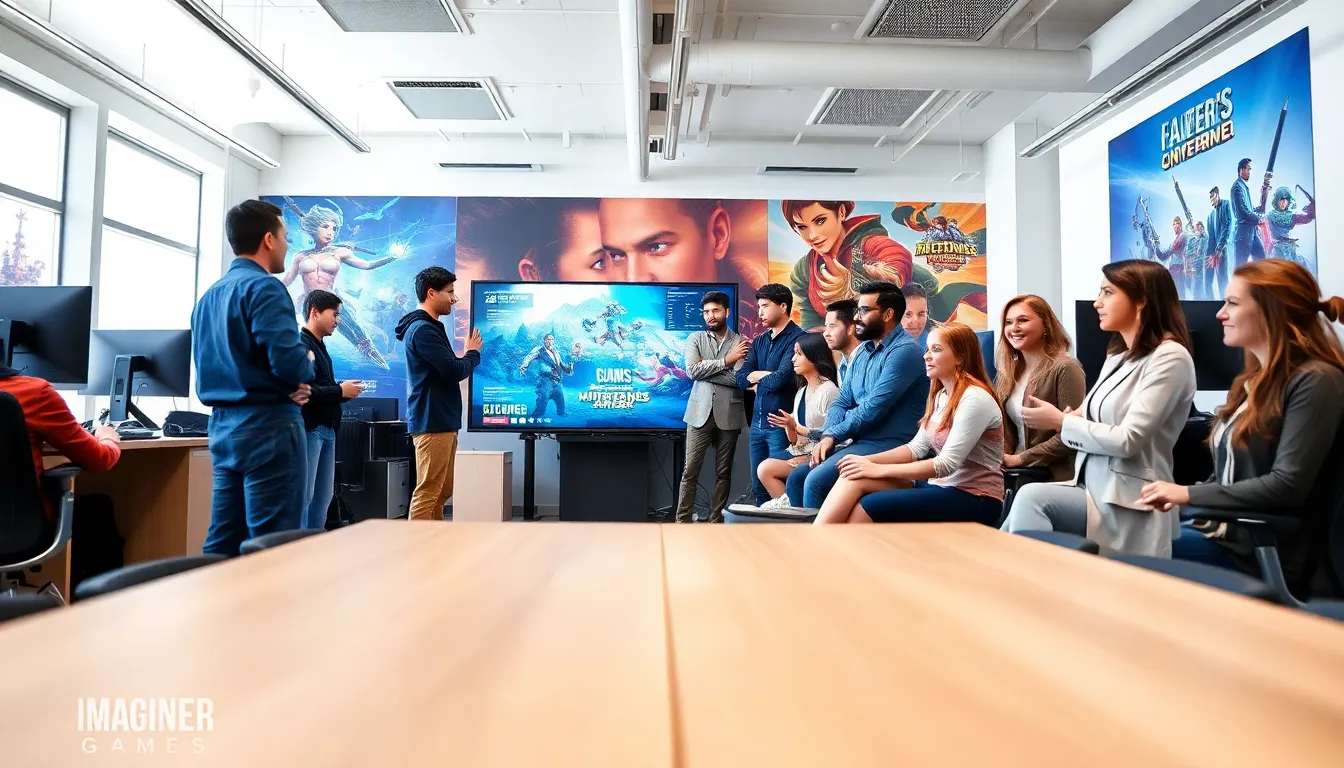Imagine this: you’re sipping coffee in your pajamas while earning a doctorate in reading and literacy. Sounds dreamy, right? Pursuing an online doctorate means you can dive deep into the world of literacy, all without having to leave the comfort of your home. With flexibility, access to esteemed faculty, and the chance to elevate your career, a doctorate in reading and literacy online may just be the golden ticket you’re waiting for. Let’s explore this fascinating journey and see why it might be your next big step.
Table of Contents
ToggleUnderstanding Online Doctorate Programs

What Is a Doctorate in Reading and Literacy?
A doctorate in reading and literacy is an advanced degree focusing on the study of how individuals comprehend, interpret, and engage with texts. This program typically encompasses various aspects of literacy development, pedagogy, assessment, and curriculum design. Graduates are equipped to address literacy issues on multiple levels, ranging from early childhood education to adult learning. Earning this degree online allows students to develop expertise in literacy while balancing other commitments.
Benefits of Pursuing an Online Doctorate
Flexible Learning Environments
One of the most attractive features of an online doctorate is the flexibility it offers. Students can tailor their schedules around work, family obligations, or other pursuits, breaking away from the traditional classroom setting. With this flexibility, individuals can engage in their studies at any time and from almost any location, making higher education more accessible than ever.
Access to Expert Faculty
Online students do not sacrifice quality for convenience. Many programs boast faculty members who are leaders in the field of reading and literacy. This access can lead to invaluable insights and mentorship opportunities. Having someone who understands the intricacies of literacy research and education can significantly enhance the learning experience.
Potential Career Opportunities
Roles and Responsibilities of Graduates
Graduates with a doctorate in reading and literacy can expect to find roles that include literacy specialists, educational leaders, or curriculum developers. These positions often require a deep understanding of literacy issues and the ability to carry out effective strategies to improve literacy outcomes. They may engage with schools, non-profits, or educational institutions, helping to guide policy and practice.
Academic Positions and Research Opportunities
For those drawn to academia, a doctorate paves the way for roles such as university professors or researchers. Here, individuals can educate the next generation of educators or engage in critical research that shapes literacy education practices. Such positions can influence not only local educational standards but also national literacy initiatives.
Preparing for Online Learning Success
Key Skills for Online Doctoral Students
Succeeding in an online doctorate program requires self-discipline, motivation, and effective communication skills. Being proactive in seeking help and networking with peers fosters a great learning environment. Also, tech-savviness is essential in navigating online platforms and resources efficiently.
Best Practices for Time Management
Time management is crucial for online doctoral students. By creating a structured schedule, setting clear goals, and prioritizing tasks, individuals can stay on track while juggling their responsibilities. Utilizing tools like calendars or project management apps can help maintain focus and organization.
Finding the Right Program
Accreditation and Program Reputation
Choosing an accredited program is vital, as it ensures the quality and recognition of the degree. Prospective students should research programs’ reputations and seek out reviews or testimonials from alumni. A well-regarded program can make a significant difference in career prospects after graduation.
Curriculum and Specializations Available
Different programs offer various specializations that cater to specific interests within reading and literacy. Whether interested in enhancing educational technology integration or focusing on literacy assessment methods, aligning personal goals with the program’s curriculum is essential for a fulfilling educational experience.






